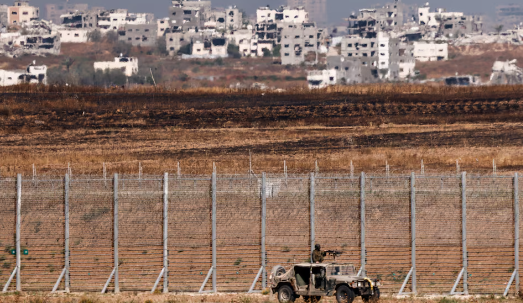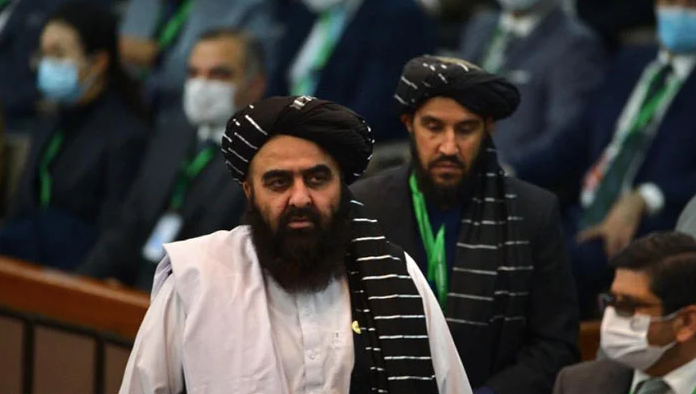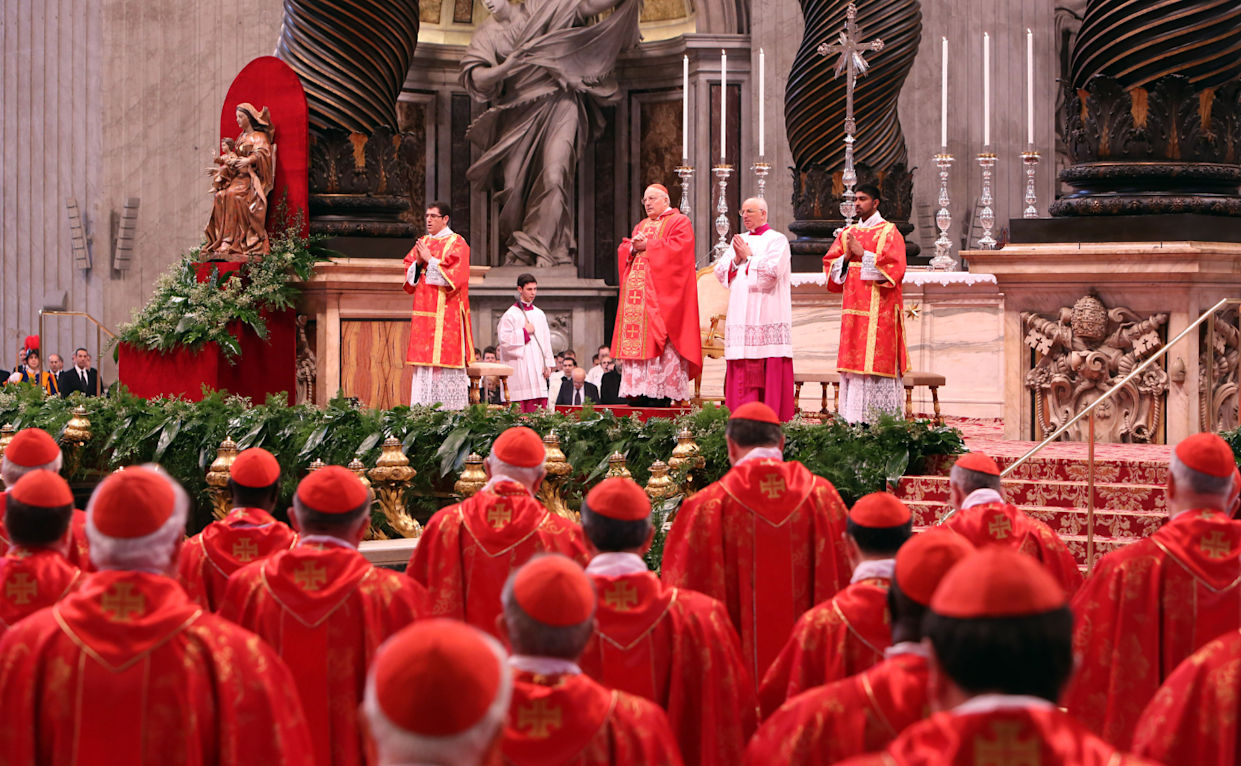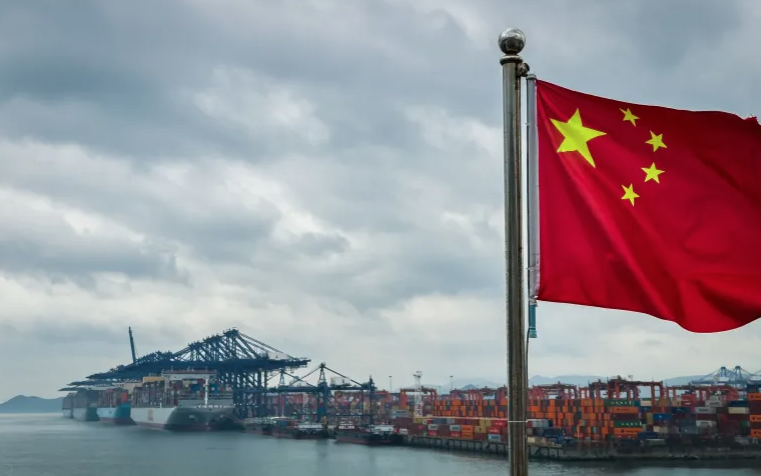WORLD NEWS
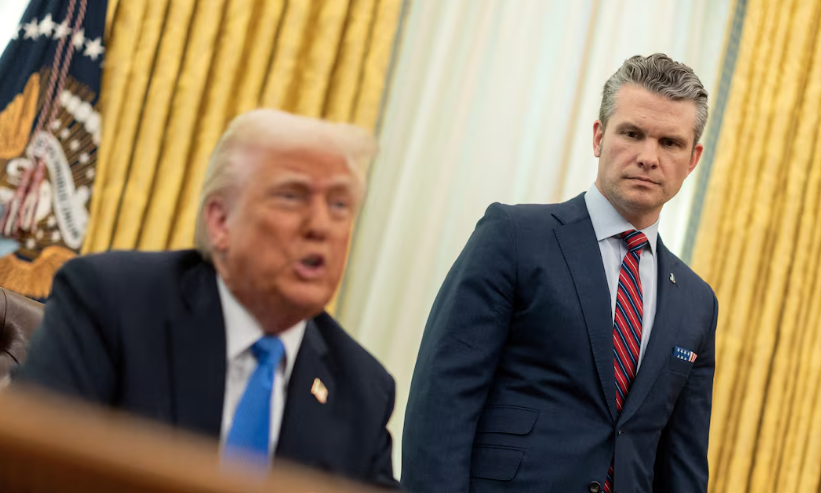
A temporary halt in U.S. military aid shipments to Ukraine in February 2025 exposed the disarray within the Trump administration's foreign policy team. After an order from Secretary of Defense Pete Hegseth to stop 11 flights carrying artillery and other weaponry, Ukrainian and European officials scrambled for answers.
The canceled flights, totaling a loss of up to $2.2 million in costs, were quickly resumed, but the order's origin and the process behind it sparked confusion among top national security officials. The halt followed a January 30 Oval Office meeting where discussions around Ukraine and its aid were discussed, but President Trump did not issue a directive to stop shipments.
Sources indicated that Hegseth misinterpreted the discussions, influenced by anti-interventionist advisors, and independently ordered the flights’ cancellation. This led to a delay in shipments at a time when Ukraine was engaged in critical battles against Russian forces in eastern Ukraine.
The infighting within the administration, particularly between factions advocating for a non-interventionist approach and those supporting continued aid to Ukraine, complicated the decision-making process. Some of Hegseth's advisors were linked to an America-first foreign policy, advocating for a reduction in military support for Ukraine in favor of focusing on China.
Despite the brief suspension, the Trump administration resumed sending aid approved under Biden's administration, though no new policy has been announced. The incident highlighted ongoing issues in policy execution and coordination within the Pentagon and the broader U.S. government.
